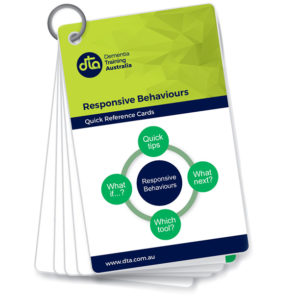
Students tell stories of salutogenesis and dementia
Two university students have snagged $2000 each for their exploration of salutogenesis and what it means for people with dementia.

The need for love, affection, physical closeness and contact continues throughout life, as does the desire to look and feel good. These needs are all part of our sexuality which can remain important for older people, including those with dementia.
The guide’s authors, Dr Michael Bauer and Dr Deirdre Fetherstonhaugh from the Australian Centre for Evidence Based Aged Care at La Trobe University, also recognise that sexuality can be an awkward and difficult topic for family members, health professionals and aged care staff to discuss.
The information in this new guide has been prepared to help family members and partners of people living in residential aged care understand about sexuality, what it means, how and why it might still be important to their loved one, and how staff can support the resident to have a more fulfilling life. It looks specifically at sexuality and dementia, including relationships, changed behaviour and interpreting behaviour.
The guide would also be a useful starting point for aged care facility staff looking for information on this topic.
It was developed in consultation with consumers, including carers and people living with dementia, and funded by the Dementia Collaborative Research Centre-Carers and Consumers (DCRC-CC), and available for free download on the DCRC’s DementiaKT hub website at:
https://dta.com.au/app/uploads/2021/07/SexualityConsumerGuide.pdf

Image credit: cover of resource courtesy of http://dementiaresearch.org.au (DCRCs)
Share
Tags

Two university students have snagged $2000 each for their exploration of salutogenesis and what it means for people with dementia.

A flip card resource providing a succinct, on-the-spot point of reference for health professionals and care staff working with people with dementia to help in...